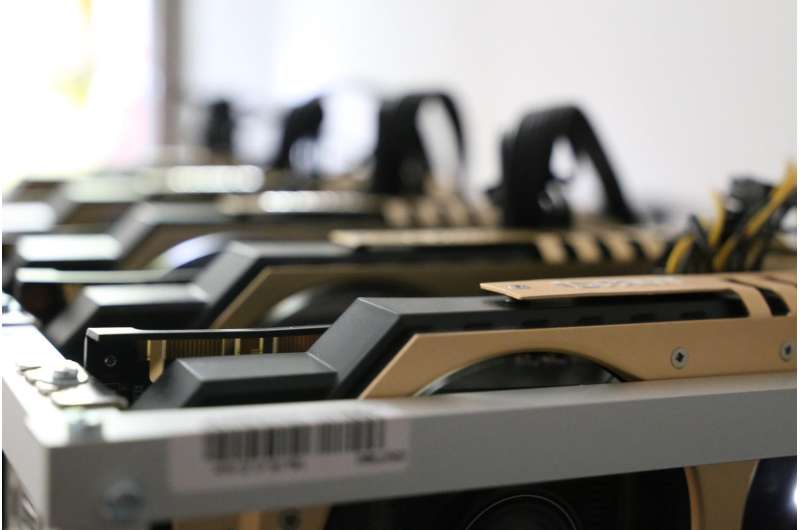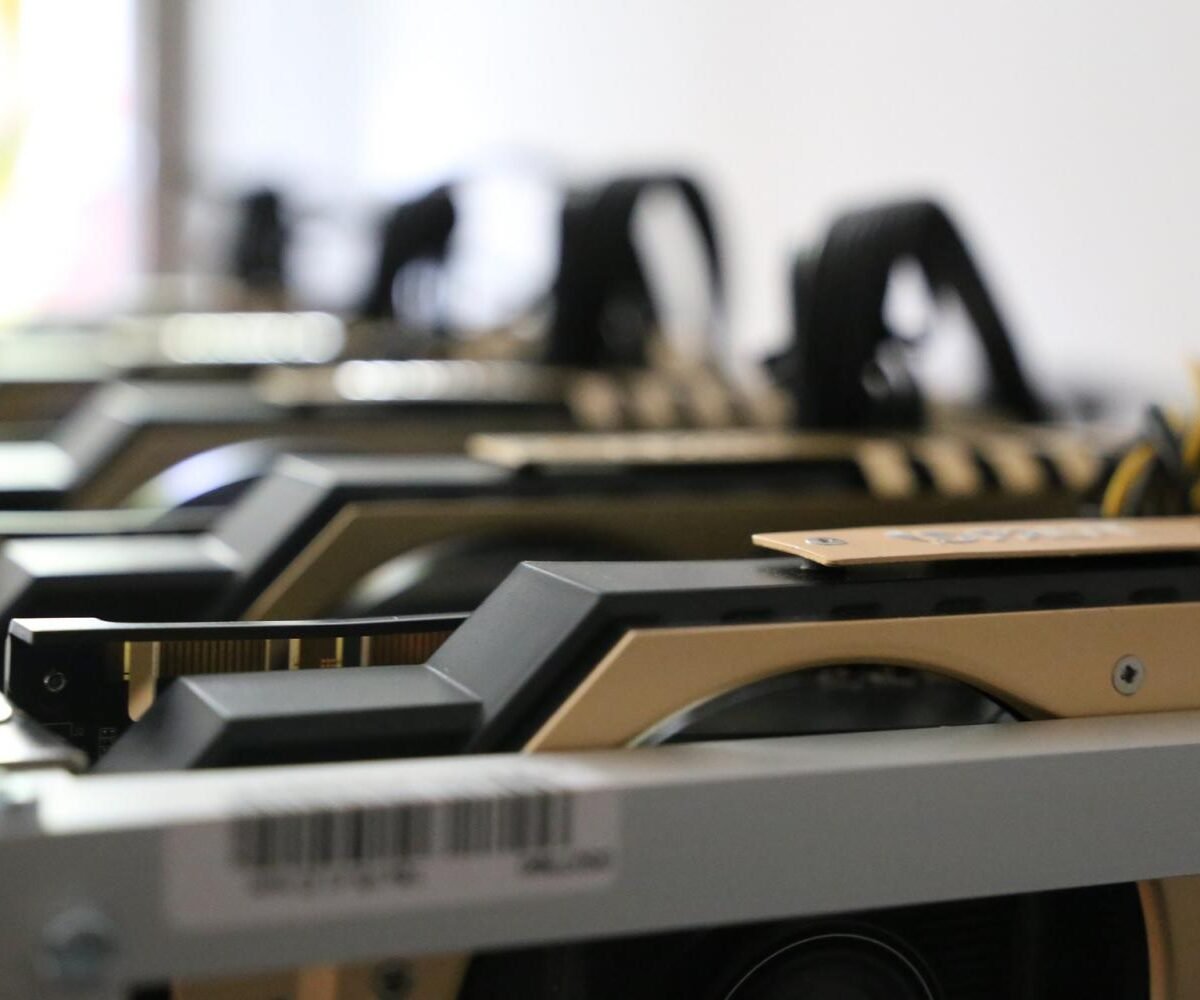
In 2019, the American tech trading company Bitwise presented to the SEC that an astounding 95% of cryptocurrency exchanges were fake. This claim may be credited to a type of market manipulation called “wash trading,” which involves inflating trading volumes by buying and selling with oneself.
Jiasun Li, associate professor of finance at the Costello College of Business at George Mason University, recently published a paper in Management Science tracing the history of wash trading all the way back to bitcoin’s beginnings. The paper was co-authored by Arash Aloosh of NEOMA Business School in France.
The researchers analyzed internal trading data from Mt Gox, known as one of the first major bitcoin exchanges. The Japan-based exchange’s turbulent four-year tenure was plagued by cyberattacks and other technical trouble; Li and Aloosh’s dataset was among the materials leaked by hackers following the exchange’s collapse in 2014.
“The reason why we got the data is because it went down and also went down along with a lot of people’s bitcoins,” Li says. Many traders were left infuriated by their loss.
For the purposes of this research, the turning point in Mt Gox’s story came in 2011, when a cyberattack took the exchange down for a week. “We observed wash trading popping up after that event,” Li says.
Although we cannot be certain about the reasons behind this timing, the researchers speculate that insiders at the exchange resorted to wash trading in an attempt to juice the numbers and revive Mt Gox’s flagging prospects.
Li and Aloosh discovered that, within this period, there were more than 115,000 wash traded transactions involving almost 3,000 distinct trader IDs. In the paper, the authors consistently remind readers that what they found is a “lower bound” of wash trading specific to their sample; it may not account for all wash trades.
The vast majority of wash trades were straightforward “self-self” trades, i.e. transactions where the buyer and seller have the same Mt Gox ID.
But the researchers used two additional approaches for uncovering more hidden wash trades: “volume-match based” and “insider based.” The former captures circular patterns of trading activity, in which groups of traders conspired to end up in the same position as when they began trading among themselves. The latter targets various subsets of trader IDs suspected of being connected to exchange insiders.
All told, the researchers estimated that 2.1% of transactions in their dataset were wash trades. This is the first paper to find direct evidence of wash trading on cryptocurrency exchanges.
The 2.1% figure, of course, falls far short of Bitwise’s claim and other more recent estimates of wash trade across the sector. That could be due to the decade or so that has passed since Mt Gox closed. “The drawback of our paper is that we have to stick with a sample that is very old,” Li says.
If researchers were to analyze wash trading in current markets, he is uncertain what they would find. “If they don’t detect wash trading, it doesn’t necessarily mean that there is no wash trading.” This is because over time, bad actors will find new ways to evade detection. “Probably only the exchange will know” the extent of wash trading, or regulators with the authority to access relevant information.
When asked about the most effective way to prevent wash trading, Li said, “look at exchanges in traditional markets,” such as stock or futures exchanges who have strict procedures ensuring unique trader identification. For instance, in U.S. stock exchanges, in order to open a brokerage account, you must provide your unique KYC information. Alternatively, exchanges may also adopt cryptography-based solutions that ensure unique identity yet preserve user privacy.
More information:
Arash Aloosh et al, Direct Evidence of Bitcoin Wash Trading, Management Science (2024). DOI: 10.1287/mnsc.2021.01448 Jiasun Li
Provided by
George Mason University
Citation:
Self-dealing has a long history on crypto exchanges: Researchers investigate ‘wash trading’ (2024, August 19)
retrieved 19 August 2024
from https://phys.org/news/2024-08-history-crypto-exchanges.html
This document is subject to copyright. Apart from any fair dealing for the purpose of private study or research, no
part may be reproduced without the written permission. The content is provided for information purposes only.





